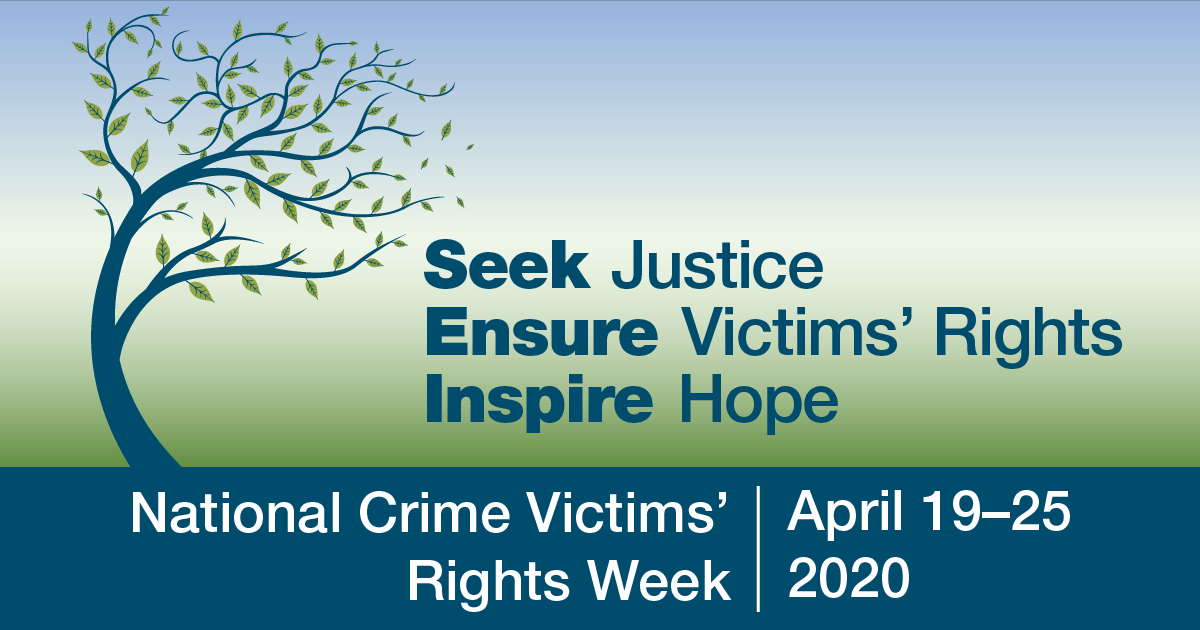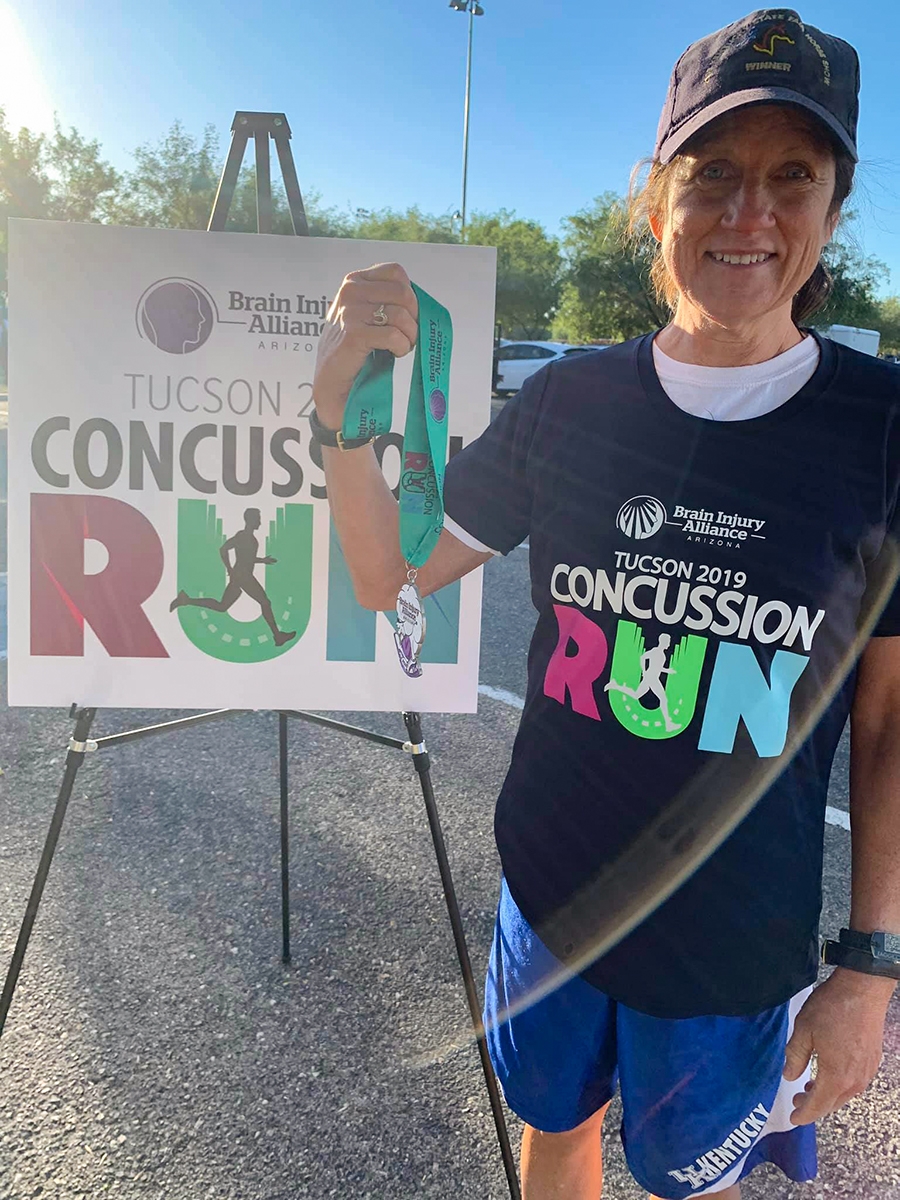BRAIN WAVES
Brain Injury Alliance of Arizona Blog
A Message from Our Director for Crime Victims’ Rights Week
This month we honor National Crime Victims’ Rights Week, an annual commemoration in the United States that promotes victims’ rights and services. While these are trying times and sometimes days can tumble together in a dull blur, this is a great opportunity to be cognizant of the fact that there are co-workers, friends, and loved ones navigating the challenges of the COVID-19 pandemic with extra burdens like medical debt or chronic pain due to violence that was inflicted upon them. Their strength and resilience should be celebrated and supported.
Becca Davis at the 2019 Tucson Concussion Run
Executive Director of the Brain Injury Alliance of Arizona
carrie@biaaz.org
ABOUT BRAIN INJURY ALLIANCE OF ARIZONA
The Brain Injury Alliance of Arizona (BIAAZ) is the only statewide nonprofit organization dedicated to improving the lives of adults and children with all types of brain injuries through prevention, advocacy, awareness, and education. BIAAZ also houses the Arizona Brain Health Resource Center, a collection of educational information and neuro-specific resources for brain injury survivors, caregivers, family members, and professionals.
What began in 1983 as a grassroots effort has grown into a strong statewide presence, providing valuable life-long resources and community support for individuals with all types of brain trauma at no charge.
The Brain Injury Alliance of Arizona:
- Works with the Congressional Brain Injury Task Force
- Houses Arizona Brain Health Resource Center
- Hosts the Statewide Opioid Use Disorder & Cognitive Impairment Workgroup
- Deploys a Statewide Opioid Use Disorder & Cognitive Impairment Response Team with peer support, training and family wraparound services
- Facilitates the Brain Health Advisory Council
- Manages a Statewide Neuro Info-Line 888-500-9165
Brain Injury Association of Arizona
5025 E. Washington St, Ste 106
Phoenix, Arizona 85034
QCO CODE: 22360
EIN 94-2937165
CALL
(602) 508-8024
HELP LINE
(888) 500-9165
Fax (602) 508-8285
FOLLOW US
contact us
privacy policy
terms & conditions

2020 © Brain Injury Alliance of Arizona






